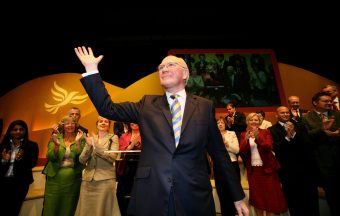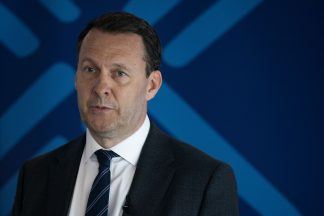Whoever is declared the winner of this incredibly long Conservative leadership contest, the direction of the party is clear.
Either Robert Jenrick or Kemi Badenoch will represent a shift to the right. Their leadership will be a response to one of the problems facing the Conservative Party – but not the main problem: being out of power.
It’ll be nearly four months from the date of the general election by the time Rishi Sunak’s successor finally takes the stage – four months since the party suffered the worst defeat of its history. It isn’t clear that in that time, the party has done much to come to terms with that result.
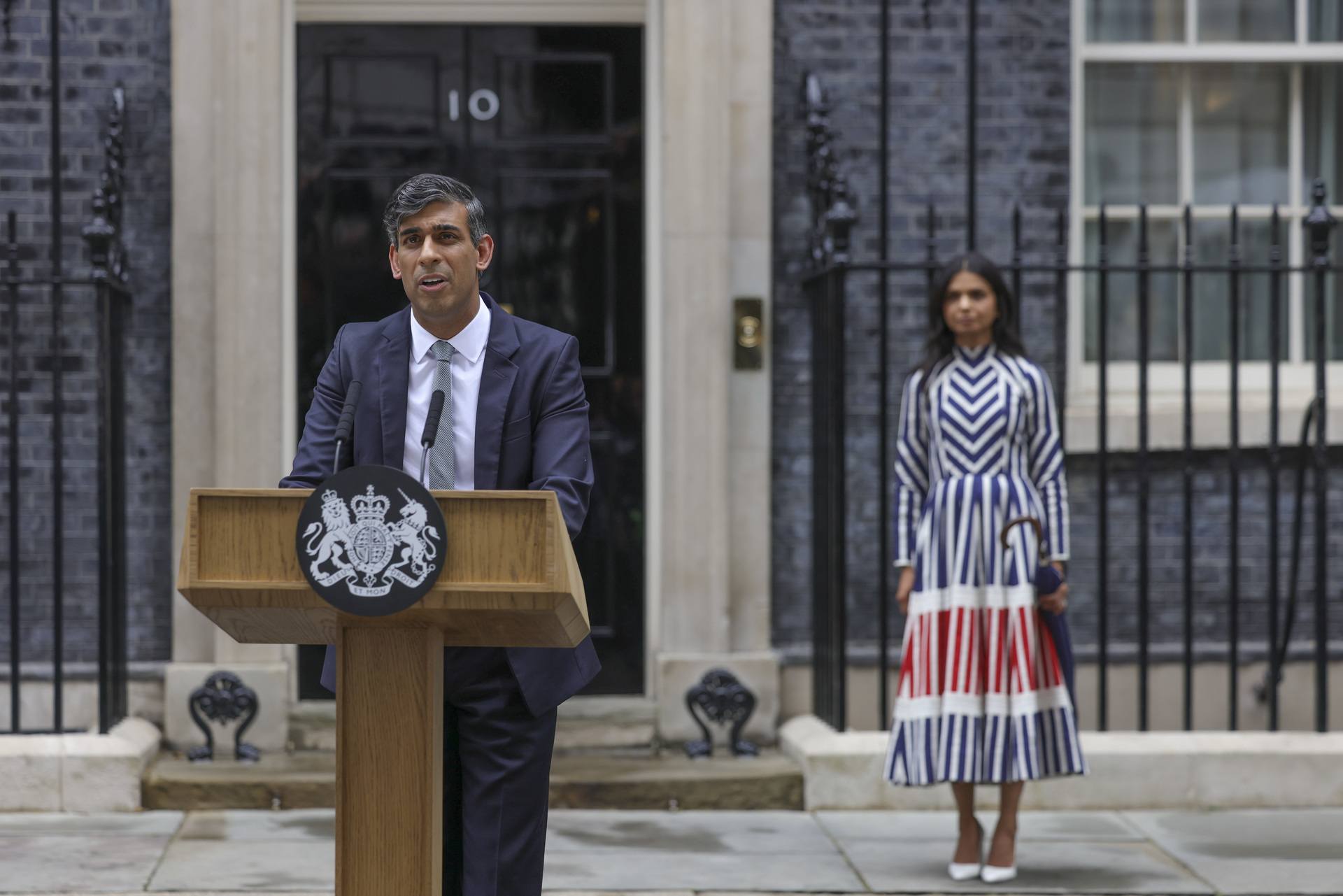 Kirsty O'Connor / No 10 Downing Street
Kirsty O'Connor / No 10 Downing StreetTo be fair to the candidates, it isn’t entirely their fault that the contest has felt stilted, overlooked and inward-looking. Such a long, drawn-out process, with the result sandwiched between the biggest budget for decades, and a historic US election, was always going to struggle to keep people’s interest.
But even after four months of hearing the arguments, it’s hard to distinguish the case that Robert Jenrick and Kemi Badenoch are making from one another, or why either will appeal to voters who abandoned the Tories earlier this year.
The most memorable point of the contest may remain the way that James Cleverly leapt from also-ran status to leader of the pack, with an impressive speech at the Conservative conference that appealed to his party to be “normal” – only to implode in the final ballot of MPs, when his supporters tried to be too clever and use their votes to decide who would join him in the last two.
 UK Parliament
UK ParliamentPolitics is first and foremost about being able to count. Perhaps it was for the best.
Robert Jenrick has stuck to the path he first took when he resigned from Rishi Sunak’s government, in protest at the fact that human rights law was blocking the undeliverable Rwanda plan to deport asylum seekers. He has made leaving the European Convention on Human Rights his mantra.
Kemi Badenoch has made her campaign about her own personal style: a take-no-prisoners willingness to say what she thinks, regardless of who it upsets. Of the whole field, she has been the most fearful of the media. Her approach is sometimes interpreted as combativeness and hostility. Already, Tory MPs seem willing to engage in highly personal briefing about her. None are particularly good signs for the stability of her leadership, if she wins.
For Russell Findlay, the new leader of the Scottish Conservatives, neither of the two candidates feels like an easy partner to work with, in the job of salvaging the Tories north of the border in what will be a very difficult Scottish election in 2026.
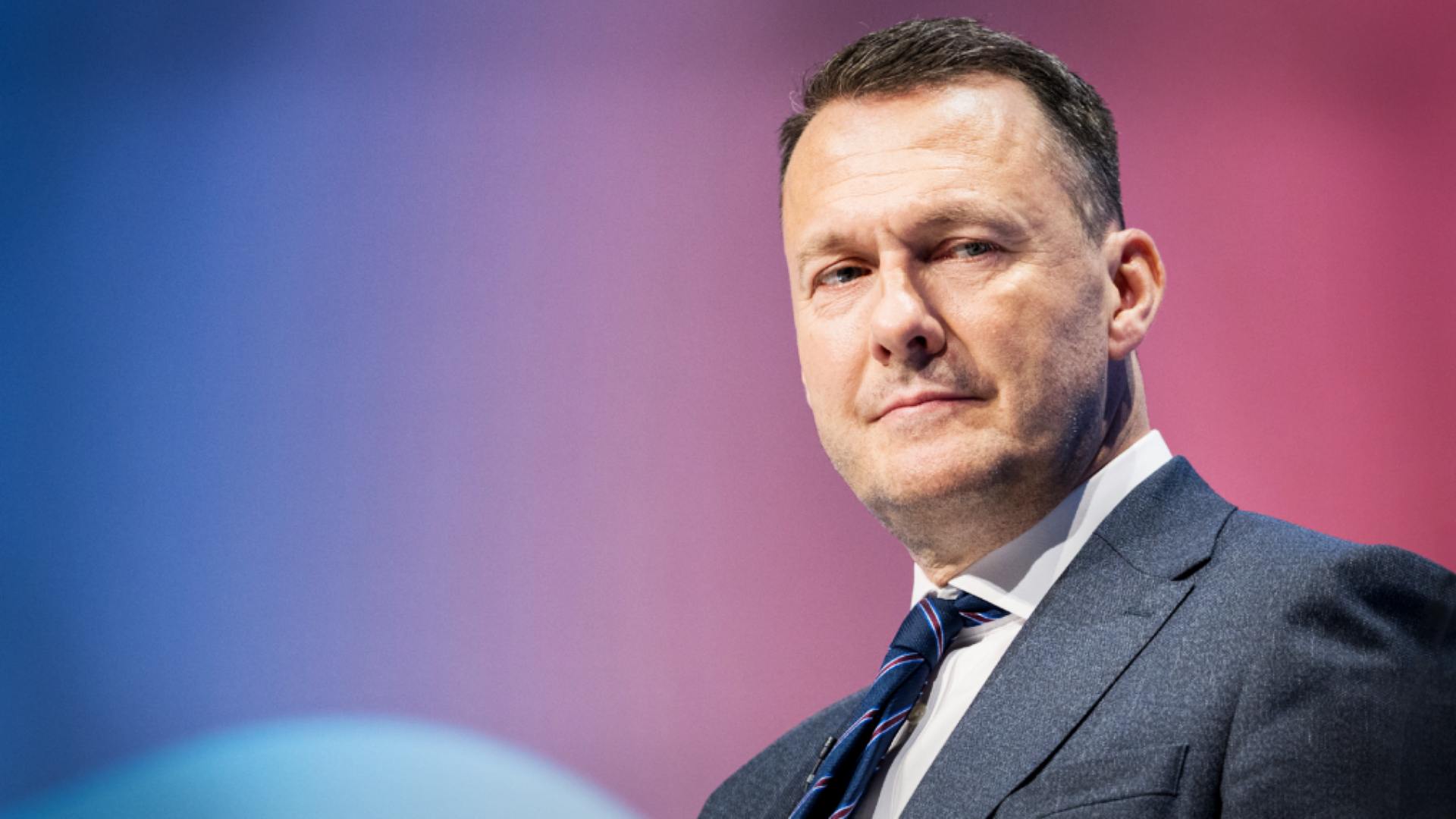 Conservative Party
Conservative PartyThe Scottish Tories want to be in the centre ground, the mainstream, according to their new leader. It doesn’t look like the official opposition at Westminster is headed that way.
With five years of opposition ahead of them, their biggest job will be to oppose Keir Starmer’s government. The Prime Minister’s plunging popularity and the difficult economic decisions the government has had to make, mean that job is, for the time being, pretty straightforward. But if the Prime Minister’s biggest challenge is a lack of charisma and political instinct, do either of these candidates offer a better version to the public?
I said earlier that either candidate would represent a response to one of the challenges facing the Conservatives. That challenge, though, isn’t the fact that they’ve been overtaken by Labour. It’s the risk of being overtaken by Nigel Farage’s Reform Party.
Both leadership candidates have tried to follow Nigel Farage in making a political cause out of the Southport stabbings, which were followed by conspiracy-fuelled riots and racist attacks across England and Northern Ireland.
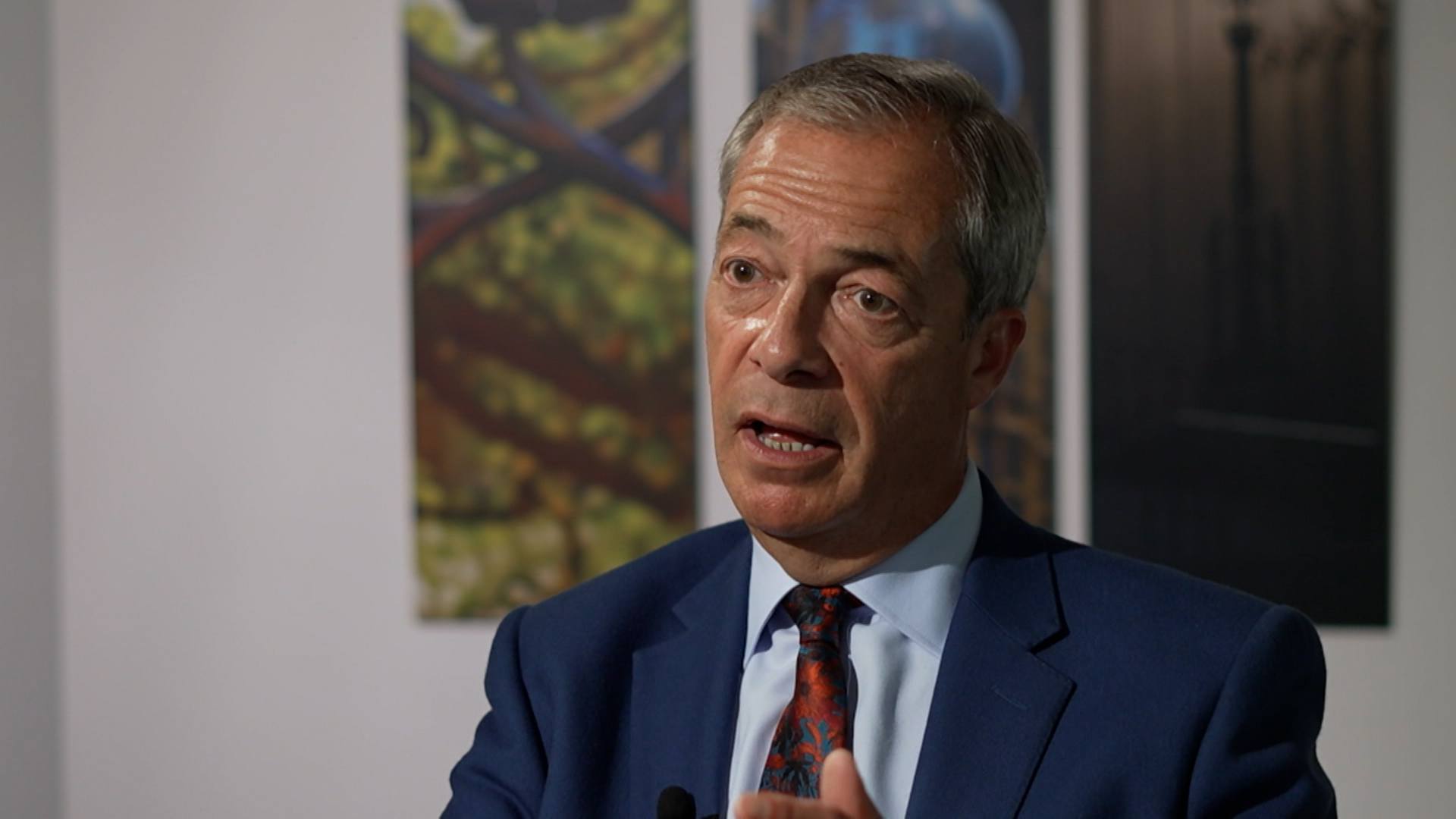 STV News
STV NewsReform could go into the next election with an ideal set of conditions: a large pool of disappointed Labour voters, and a rump of Conservative voters primed with right-wing messages, and presented with a choice between the Tories, halfway through a difficult rebuilding, or a Reform Party still on the rise.
It used to be that the Conservatives could dismiss the party to their right – UKIP, the Brexit Party, or Reform – as a wasted protest vote. But the fact that Nigel Farage, and four other Reform MPs, made it into Westminster under the UK’s difficult-to-crack first past the post election system means that argument doesn’t work anymore.
Why choose the imitation when you can have the real thing? That’s why a shift to the right under the next Conservative leader doesn’t look like a convincing path back to power in five years time.
But then, the leader crowned this weekend might not even be the leader that takes the Tories into the next election.
Follow STV News on WhatsApp
Scan the QR code on your mobile device for all the latest news from around the country


 Parliament
Parliament






















